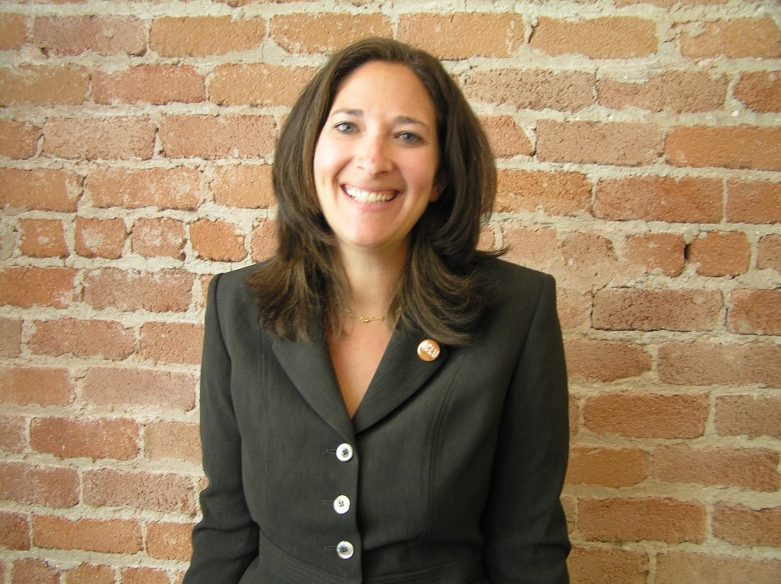White House Big Data Report Released: Time to Move Forward
Page Media

Exciting news. The White House Big Data Report, Big Data: Seizing Opportunities, Preserving Values, was released today.
While it does not address all of the ACLU’s concerns, the report recognizes the importance of moving forward on several legal and policy areas that have been a focus of our work here in California for several years and that I presented during the White House Big Data workshop held at Berkeley last month: 1) Increase transparency of consumer data collection and sharing; 2) Modernize privacy protections for government access to company databases; and 3) Stronger oversight and civil liberties safeguards for local government surveillance.
Transparency in consumer data collection and sharing
We said
Give Americans the “Right to Know” what information a company knows about them, what they have shared about them, and with whom (our recent report www.aclunc.org/r2k).
The White House Report said
Consumers deserve more transparency about how their data is shared beyond the entities with which they do business directly, including “third-party” data collectors. This means ensuring that consumers are meaningfully aware of the spectrum of information collection and reuse as the number of firms that are involved in mediating their consumer experience or collecting information from them multiplies. The data services industry should follow the lead of the online advertising and credit industries and build a common website or online portal that lists companies, describes their data practices, and provides methods for consumers to better control how their information is collected and used or to opt-out of certain marketing uses. (p 62)
Update laws for government access to company big data
We said
Update ECPA
The White House Report said
Amend the Electronic Communications Privacy Act. Congress should amend ECPA to ensure the standard of protection for online, digital content is consistent with that afforded in the physical world—including by removing archaic distinctions between email left unread or over a certain age. (p 66)
We said
Modernize legal protections for metadata (our recent report www.aclunc.org/tech/meta).
The White House Report said
An equally profound question is whether certain types of data—specifically the “metadata” or transactions records about communications and documents, versus the content of those communications and documents—should be accorded stronger privacy protections than they are currently… (p 34)
…those who argue that metadata today raises more sensitivities than in the past make a sufficiently compelling case to motivate review of policy on the matter. In the intelligence context, the President has already directed his Intelligence Advisory Board to consider the issue, and offer recommendations about the long-term viability of current assumptions about metadata and privacy. This review recommends that the government should broaden that examination beyond intelligence and consider the extent to which data and information should receive legal or other protections on the basis of how much it reveals about individuals. (p 35)
Stronger oversight & safeguards for local government surveillance
We said
Local and state big data surveillance systems supported by federal grant funds need to have a public process and strong civil liberties safeguards in place for any use of the system.
The White House Report said
It is essential that big data analysis conducted by law enforcement outside the context of predicated criminal investigations be deployed with appropriate protections for individual privacy and civil liberties. The presumption of innocence is the bedrock of the American criminal justice system. To prevent chilling effects to Constitutional rights of free speech and association, the public must be aware of the existence, operation, and efficacy of such programs.
Law enforcement agencies should continue to examine how federal grants involving big data surveillance technologies can foster their responsible use, as well as the potential utility of establishing a national registry of big data pilots in state and local law enforcement in order to track, identify, and promote best practices… (p 66)
So now that the 90 days are up and the White House Big Data Report is out, we look forward to seeing what’s next and how these efforts move from principles on paper to real policies and practices.
Nicole A. Ozer is the Technology & Civil Liberties Policy Director for the ACLU of California.
